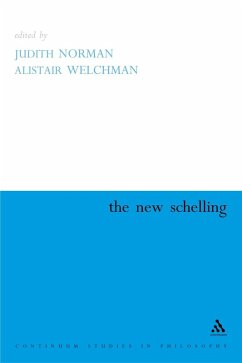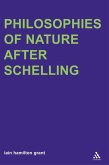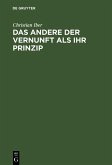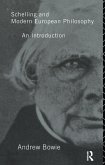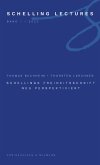Friedrich Wilhelm Joseph Von Schelling (1775-1854) was a colleague of Hegel, Holderlin, Fichte, Goethe, Schlegel, and Schiller. Always a champion of Romanticism, Schelling advocated a philosophy which emphasized intuition over reason, which maintained aesthetics and the creative imagination to be of the highest value. At the same time, Schelling's concerns for the self and the rational make him a major precursor to existentialism and phenomenology.
The New Schelling brings together a wide-ranging set of essays which elaborate the connections between Schelling and other thinkers-such as Marx, Nietzsche, Freud, Sartre, Deleuze, and Lacan-and argue for the unexpected modernity of Schelling's work.
Contributors: Manfred Frank, Jürgen Habermas, Iain Hamilton Grant, Joseph Lawrence, Odo Marquand, Judith Norman, Alberto Toscano, Michael Vater, Alistair Welchman, Slavoj s Ziszek.
The New Schelling brings together a wide-ranging set of essays which elaborate the connections between Schelling and other thinkers-such as Marx, Nietzsche, Freud, Sartre, Deleuze, and Lacan-and argue for the unexpected modernity of Schelling's work.
Contributors: Manfred Frank, Jürgen Habermas, Iain Hamilton Grant, Joseph Lawrence, Odo Marquand, Judith Norman, Alberto Toscano, Michael Vater, Alistair Welchman, Slavoj s Ziszek.

